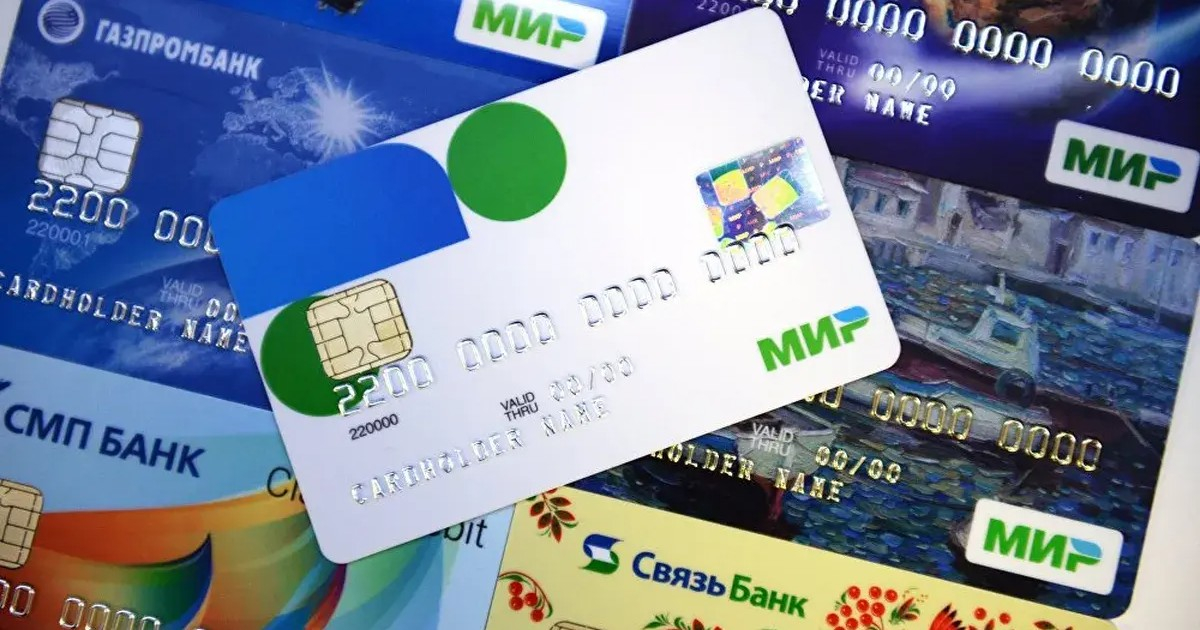
Russian banking authorities assured this Monday thatThey work to implement the "Mir" payment system in Cuba, which will allow citizens of that country to use the cards of this system belonging to the National Payment Card System (NSPK).
The measure, announced by the first vice president of the Central Bank of Russia,Olga Skorobogatova, will allow users of the "Mir" cards (World, and also Peace, in Spanish) to overcome the difficulties they pose in their transactionsthe blocking of the main Russian banks from the global SWIFT system decreed by the United States and its European allies after the invasion ordered byVladimir Putin on the territory of Ukraine.
“There are several countries that would like to cooperate with us. For example, Cuba is one of the latest projects we are currently working on. That is, our citizens will be able to use the 'Mir' card in Cuba,” Skorobogatova said during a working meeting of the State Duma (Lower House of Parliament).
According to the Cuban official agencyLatin Press, the official indicated that, in addition to Cuba, two other countries would be in talks with Moscow to implement the "Mir" system. However, as the agency itself reported, Skorobogatova did not reveal which countries they were, although she noted that they were nations receiving large volumes ofrussian tourists.
Currently, "Mir" cards are accepted in Turkey, Vietnam, Armenia, Uzbekistan, Belarus, Kazakhstan, Kyrgyzstan, Tajikistan, South Ossetia and Abkhazia.
The "Mir" system is a Russian analogue of the international payment systems Visa and MasterCard, as well as national systems such as the Chinese UnionPay, the Japanese JCB and others. It was designed in the spring of 2014 as part of an ambitious Russian financial project to, according toSputnik, create a sovereign system that would circumvent the sanctions imposed by the US after the Russian annexation of Crimea.
The decision adopted at the end of February by the United States, the European Union, the United Kingdom and Canada, blocking the main Russian banks from the global SWIFT system for financial transactions, constitutes a strong blow to the Russian economy, whose banks will be prevented from accessing the operations service among thousands of financial institutions.
The Society for Worldwide Interbank Financial Telecommunication (SWIFT) network moves billions of dollars daily between more than 11,000 banks and other financial institutions worldwide.
The "restrictive measures" adopted by the Western powers were part of a round of financial sanctions that aim to close Russia's path internationally, and cause severe effects on its economy and finances.
"As Russian forces unleash their assault on kyiv and other Ukrainian cities, we are determined to continue imposing costs on Russia to further isolate it from the international financial system and our economies," said the joint statement, released by the White House a few hours later. from the beginning ofthe Russian invasion of Ukraine.
With the aim of overcoming economic and financial obstacles, the Russian government created the National Payment Card System (NSPK) company, in charge of creating a national payment processing center for international issuers and launching the market a Russian payment card.
Among the most notable features of the "Mir" system, according toSputnik, are the design and programming developed by Russia, “without using existing algorithms as a basis.” Since 2015, all Visa and MasterCard transactions were processed by NSPK (previously, data was processed by servers located abroad).
For his part, the Tourism Counselor of the Cuban embassy in Russia,Juan Carlos Escalona, stressed that the use of "Mir" cards by Russian visitors constitutes an important step towards the reopening of tourism on the Island.
In 2021, Russians were the tourists with the greatest presence on the Island, with a total of 146,151 visitors from Russia who arrived on direct flights of several airlines between Moscow and the main Cuban tourist centers.
In the last two years, Cuba became one of the leading markets for Russian tourism, mainly during the COVID-19 pandemic period, during whichThe authorities of both countries relaxed their measures to promote Russian tourism in different Cuban destinations, mainly in the resort of Varadero and the northeastern keys.
The closure of airspace on the main routes between this country and the Caribbean region due to Western sanctions was a barrier to the flow of Russian tourists. The Association of Tour Operators of Russia (ATOR, for its Russian acronym), estimatedbetween 6,000 and 8,000 the number of Russian tourists who had to be evacuated to his country after the start of Moscow's war operations.
What do you think?
SEE COMMENTS (3)Filed in: